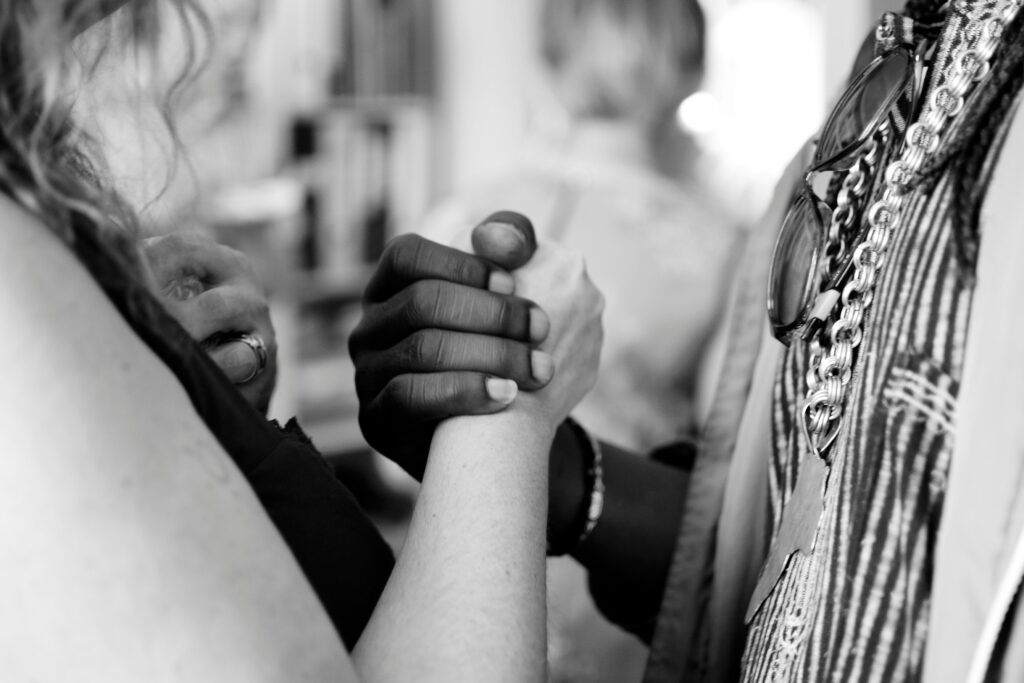Is it truly possible to transform relationship conflicts into meaningful connections? Let’s be honest—dating can sometimes feel like an emotional rollercoaster. One day you’re experiencing that exciting spark, and the next, an unexpected disagreement or emotional moment leaves you feeling disconnected and confused. Why does maintaining positive momentum in relationships sometimes feel so challenging?
The reality is that conflict occurs even in the healthiest relationships. Perhaps you’ve experienced this: you’re dating someone wonderful, everything seems perfect, then suddenly an unexpected reaction or minor disagreement creates tension. It’s natural to wonder, Is this a warning sign? Did I handle that poorly? You might even find yourself withdrawing emotionally, questioning whether the relationship is as solid as you believed.
Many of us have experienced that instinct to pull away precisely when things are going well. This pattern of self-sabotage often emerges when positive emotions trigger underlying fears. When a relationship shows genuine promise, old hurts and vulnerabilities can surface unexpectedly. It’s as if our hearts whisper, “Wait, can I truly trust this happiness?”

This doesn’t mean your relationship is destined to fail or that there’s something fundamentally wrong with you. In fact, these uncomfortable moments can become powerful opportunities to build stronger, more authentic connections with your partner. So how do we make this transformation happen? Here are several approaches to convert conflict into growth:
Transforming Relationship Conflict into Connection
1. Pause and Identify the Root Cause
When we feel hurt or triggered by a partner’s words or actions, our initial reaction is often to withdraw or respond defensively. What if instead, you took a moment to explore what’s truly beneath those feelings? For instance, if you felt dismissed or ignored, rather than concluding He doesn’t value me, try asking yourself, Why does this specific situation feel so painful? Frequently, our reactions connect to deeper patterns from our past—old wounds or fears we’ve carried forward.
This simple practice of pausing and reflecting can transform your perspective, enabling you to communicate from a place of understanding rather than reaction. This isn’t about avoiding conflict, but rather approaching it with greater compassion for both yourself and your partner.
2. Initiate Relationship Repair
Following conflict or hurt feelings, taking steps toward repair can profoundly impact your connection. Repairing a relationship doesn’t mean ignoring issues; it means openly addressing what occurred, actively listening to each other, and working to understand one another’s emotional needs.
Consider expressing to your partner, “I felt hurt when this happened, and I really want us to work through it together.” This demonstrates your investment in the relationship and willingness to collaborate on building a foundation resilient enough to withstand inevitable challenges.
One of the most valuable questions to ask yourself after conflict is, What would I need to feel resolved about this situation? Perhaps you need a sincere apology, or maybe you need reassurance of your partner’s commitment. Don’t hesitate to communicate these needs clearly. Often, articulating your needs creates space for honest, meaningful dialogue.
3. Build Understanding Through Shared History
Our personal histories significantly influence how we respond to conflict, often in ways we don’t consciously recognize. Learning about each other’s past relationships and family dynamics fosters empathy and deeper understanding. Maybe your partner has previous experiences of feeling unheard, leading to defensive reactions. Or perhaps you grew up in an environment where conflict was avoided, making disagreements feel particularly uncomfortable.
Having these meaningful conversations helps both partners feel more connected and validated. Understanding the origins behind each other’s reactions enables you to approach future conflicts with increased patience and care, rather than making assumptions.
If you’re finding these relationship dynamics challenging to navigate, or wondering how to approach new relationships with greater confidence and clarity, remember you don’t have to figure everything out alone. Consider scheduling a discovery call with me. We can explore your unique patterns, identify what might be holding you back, and develop practical tools to help you build relationships where you feel secure, understood, and genuinely valued.




 By
By